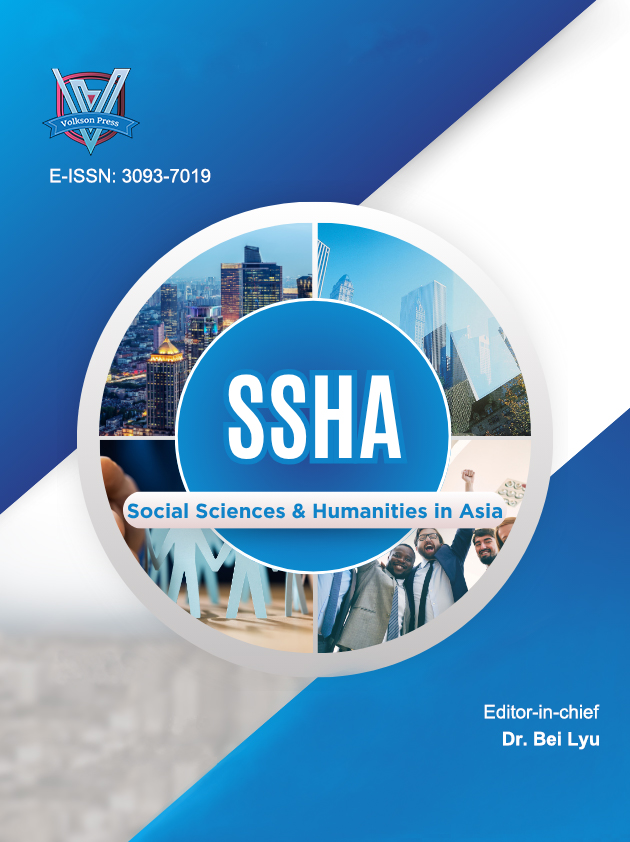ABSTRACT
NAVIGATING THE SELF: MIGRATION, CULTURAL IDENTITY, AND THE QUEST FOR BELONGING IN A GLOBALIZED WORLD
Journal: Social Sciences & Humanities in Asia (SSHA)
Author: Amina Catherine Ijiga, Bawallah Musa Adesola, Babatunde Samuel Jayeola
This is an open access article distributed under the Creative Commons Attribution License CC BY 4.0, which permits unrestricted use, distribution, and reproduction in any medium, provided the original work is properly cited
DOI: 10.26480/ssha.01.2025.05.08
Migration is a defining feature of the contemporary globalized era, presenting profound challenges and transformations for individual and collective cultural identities. This paper explores the complex, multifaceted relationship between migration and the (re)formation of cultural identity. Moving beyond simplistic notions of assimilation, it examines how migrants navigate between their heritage culture and the new host society, often forging hybrid and transnational identities. The paper employs a systematic review of interdisciplinary literature from sociology, anthropology, and cultural studies, analyzing theoretical frameworks such as Berry’s acculturation model and theories of hybridity. Key findings indicate that the process of identity negotiation is influenced by a multitude of factors, including pre-migration personality, reasons for migration (voluntary vs. forced), reception within the host country, and the resilience of ethnic communities. A significant finding is that a secure ethnic identity acts as a foundation for successful adaptation, rather than an obstacle. The paper also addresses the role of second-generation migrants, who often face unique challenges in reconciling their parents’ culture with their own national belonging. The study concludes that cultural identity in the context of migration is not a static endpoint but a continuous, dynamic process of negotiation. It argues for the recognition of hybrid identities as valid and productive and emphasizes the need for host societies to adopt integrationis.
| Field | Value |
|---|---|
| Pages | 05-08 |
| Year | 2025 |
| Issue | 1 |
| Volume | 1 |




